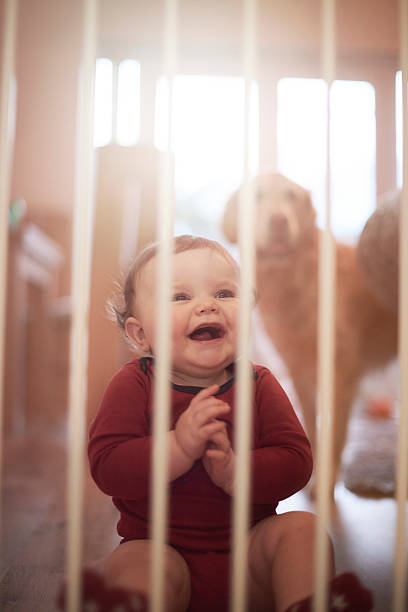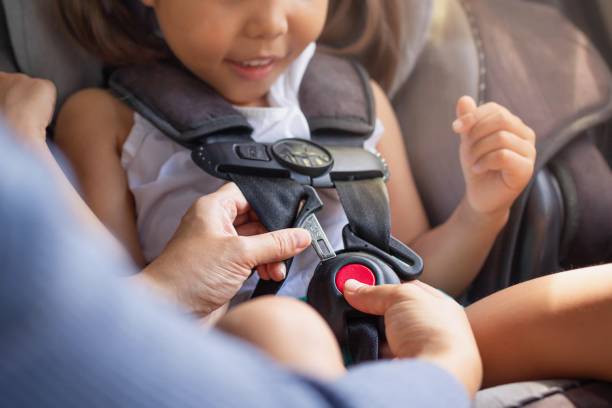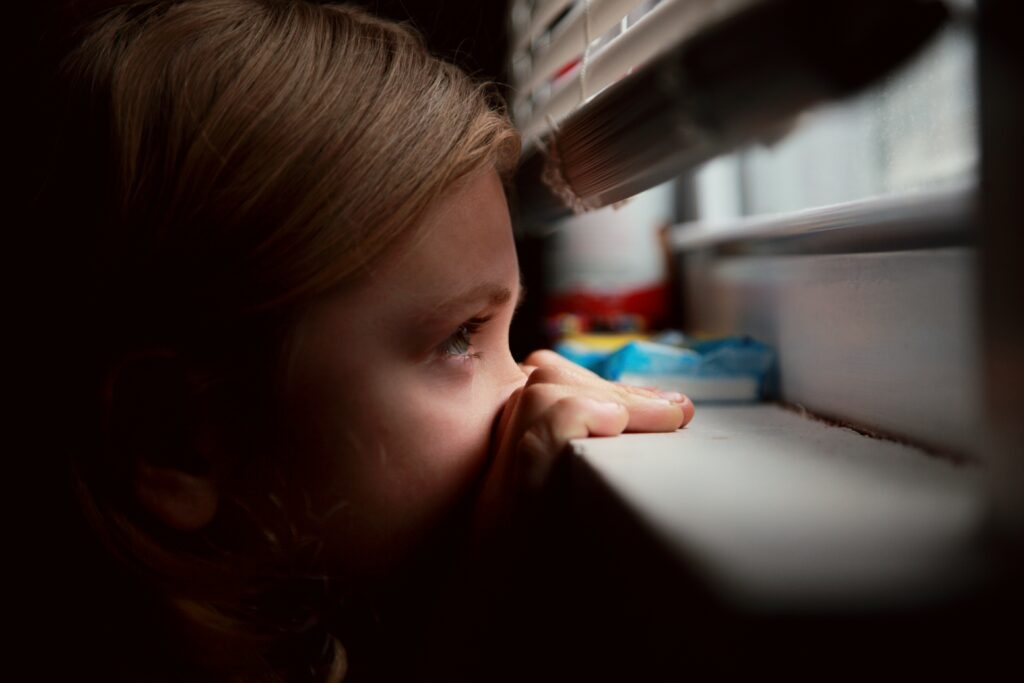It’s Child Safety Week in the UK and the theme for this year is Safety Made Simple.
 The annual community education campaign, which takes place from 5th-11th June this year, is run by the Child Accident Prevention Trust (CAPT) in a bid to spark safety conversations and build families’ knowledge and awareness regarding child safety risks.
The annual community education campaign, which takes place from 5th-11th June this year, is run by the Child Accident Prevention Trust (CAPT) in a bid to spark safety conversations and build families’ knowledge and awareness regarding child safety risks.
The theme for this year is Safety Made Simple.
The UK charity says that any approach to accident prevention needs to be simple, as accidents usually occur when there is a lot going on.
Simple changes for child safety
 That’s why, this year, they are focusing on providing parents with simple changes to stop the most serious accidents and are giving practitioners simple ways to get involved with activities, even when facing increased pressures.
That’s why, this year, they are focusing on providing parents with simple changes to stop the most serious accidents and are giving practitioners simple ways to get involved with activities, even when facing increased pressures.
The CAPT’s mission is to ensure all children “have the freedom to grow and learn, safe from serious harm.”
Their Parent Pack outlines simple changes and tips for everything from preventing falls, burns and poisoning to fire safety and safety around dogs, roads and water.
Meanwhile, they also provide a range of free educational resources for practitioners and have a dedicated Child Safety Week 2023 information pack available to download from their website. Resources available include factsheets, printed resources, session plans, activity sheets, videos, display materials and a social media pack.
The charity wants to reach as many families as possible with their key safety advice and is encouraging people to connect with them on social media and share their important safety posts to help extend their reach, using the hashtag #ChildSafetyWeek.
Key child safety messages
Some of the charity’s key safety messages include:
- Blind Cords – If a toddler gets a blind cord caught around their neck, they can lose consciousness in just 15 seconds and could die in just 2 or 3 minutes. Blind cords should be fitted with a cleat hook or tensioner to keep cords and chains safely away. Consider using cord free blinds in children’s rooms, move bedroom furniture away from cords and chains, as children may climb, and make sure the cords on the back of roman blinds are connected using a device that breaks under pressure.
- Button Batteries – If a small child swallows a button battery – particularly big, powerful lithium coin cell batteries – it can become stuck in their food pipe and burn through to the main artery, very quickly causing serious harm or even death. Children aged 6 months to 4.5 years are most at risk. Check your home for button batteries and keep products containing them well

out of a child’s reach if the battery compartment isn’t secured. Spare batteries should also be stored well out of reach and flat batteries safely disposed of as soon as possible – they can still hold enough charge to pose a danger to your child. The CAPT also advises parents to be wary of online marketplaces or local discount shops, as products sold by them may contain button batteries that your child can access easily. If you suspect your child has swallowed a battery, take them to A&E or call 999 for an ambulance immediately.
- Dog Safety – Most families feel that their dog would never bite or attack a child, but its important to understand that any dog can bite if they feel they have no other option, and statistics shows that children are most likely to be bitten at home, by a familiar dog. Calm, happy dogs who receive plenty of exercise and mental activity, as well as having a safe space of their own for peace and quiet when they need it, are less likely to lash out. Teach children to be calm and kind with dogs and to avoid shouting, teasing or giving tight, restrictive cuddles. Children should also be taught about key times when it’s important to leave a dog alone, such as when they’re sleeping, eating or have a toy or something else they really like and may not want to share. Close supervision at all times is key; watch, listen and remain close when your child is with a dog. If you’re ever concerned by the way your dog behaves around your child, speak to your vet in the first instance.
- Road Safety – Help your children learn road safety by modelling the correct behaviours yourself; ensure you always check for traffic and pay attention before
 stepping into the road. You can teach children the Green Cross Code from age 5, but you may need to keep reminding them about road safety rules and should always closely supervise young children, encouraging them to hold your hand or use walking reins when you’re out and about. Make sure your child’s car seat is the appropriate one for their age, height and weight and for your make of car. Ensure children always wear a helmet when cycling and access cycle training for them if possible. Keep an eye on your own speed when driving and never use your mobile phone behind the wheel.
stepping into the road. You can teach children the Green Cross Code from age 5, but you may need to keep reminding them about road safety rules and should always closely supervise young children, encouraging them to hold your hand or use walking reins when you’re out and about. Make sure your child’s car seat is the appropriate one for their age, height and weight and for your make of car. Ensure children always wear a helmet when cycling and access cycle training for them if possible. Keep an eye on your own speed when driving and never use your mobile phone behind the wheel.
The CAPT is the only charity in the UK which is dedicated to preventing serious injury and death to children from avoidable accidents. They are striving for a safer world for all children.
They want to ensure that children are safe at home, on the roads and in the poorest families and communities, citing the following statistics:
- Data from Public Health England (PHE) shows that children from the poorest families are 40% more likely to have a serious accident
- PHE data also reveals that 80% of accidents involving children under the age of 5 happen at home, with one child each week being killed as a result of an accident in the home.
- The Department for Transport says that 2,400 children are badly injured on roads each year.
Training solutions for those who work with children
 First Response Training (FRT) is a leading national training provider delivering courses in subjects such as health and safety, first aid, fire safety, manual handling, food hygiene, mental health, health and social care, safeguarding and more.
First Response Training (FRT) is a leading national training provider delivering courses in subjects such as health and safety, first aid, fire safety, manual handling, food hygiene, mental health, health and social care, safeguarding and more.
They work with a large number of early years, schools and childcare providers, as well as colleges, youth groups and children’s services.
Their courses include Safeguarding Children, Health and Safety for Child Carers, Risk Assessment for Child Carers, Paediatric First Aid Training, and many more.
A trainer from FRT says:
“Small children can be into everything and it can take just a moment for them to do something unsafe or injure themselves. It’s essential that those who are responsible for their care are aware of the risks and the sensible safety measures to take to remove or significantly reduce those risks.
“Our common sense safety and first aid training for early years and childcarers ensure that those who work with children have the knowledge, skills and confidence to keep children safe and protected from harm, and that they can take the correct, effective steps if an accident does occur.”
For more information on the training that FRT can provide, please call them today on freephone 0800 310 2300 or send an e-mail to info@firstresponsetraining.com.
